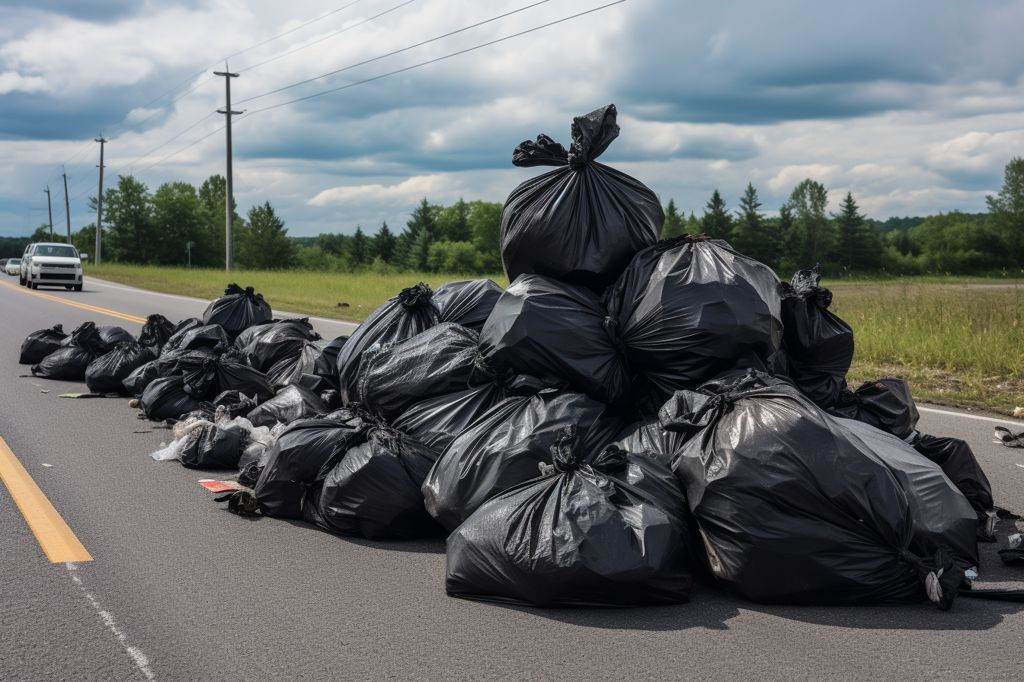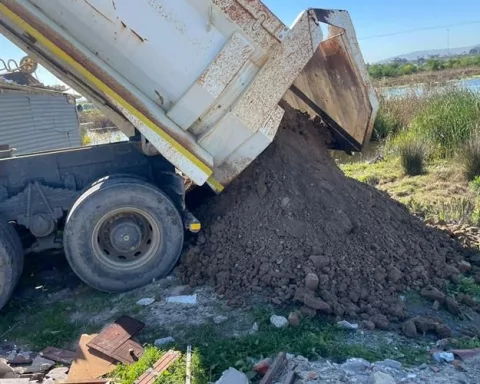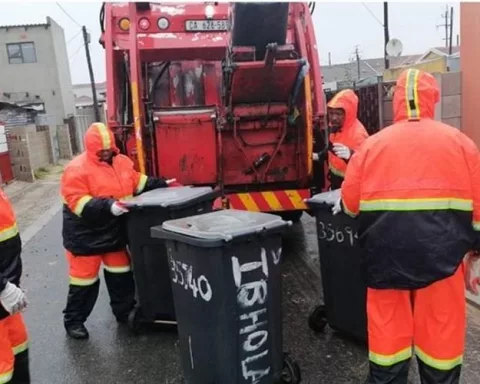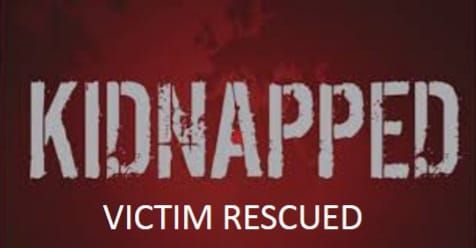Subheading: A Dramatic Increase in Fines and Enforcement Activities Leads to a Cleaner and Healthier Environment
The City of Cape Town’s Urban Waste Management (UWM) By-law Enforcement Unit has made remarkable progress in addressing waste management issues during the final two months of the 2022/23 financial year. By imposing fines on illegal dumpers and littering offenders, attending to service requests, and conducting blitz operations, the unit has demonstrated its commitment to keeping the city clean and preserving the environment.
A Significant Increase in Fines and Enforcement Activities
In May and June 2023 alone, the UWM By-law Enforcement Unit issued 205 fines to illegal dumpers, totaling R548,700. Simultaneously, 112 individuals received fines totaling R56,000 for littering. These numbers signify a significant increase compared to the preceding two months, where only 23 fines, amounting to R57,500, were administered.
Comprehensive Approach to Tackling Waste Management Issues
Besides imposing fines, the unit attended to 76 service requests, demonstrating a comprehensive approach to tackling waste management issues. The unit’s success can be attributed to the addition of 36 new auxiliary officers, enabling them to monitor illegal dumping hotspots and conduct more effective blitz operations.
Community Engagement and Partnerships
To foster better engagement with communities, officers from the unit attended information sessions in Mitchells Plain, Atlantis, and Hout Bay. By advertising their services and encouraging communities to report environmental degradation incidents, they fostered partnerships with local residents.
Crucial Information for Residents
For Cape Town’s residents, crucial information about waste management includes:
- City Drop-off sites are available throughout Cape Town. Locations can be found at this link: https://bit.ly/41Rus24
- A 24-hour toll-free number (0800 110077) is available for reporting tip-offs about illegal dumping activities, which can result in fines of up to R5,000, vehicle impoundment, or even a two-year prison sentence. The City offers rewards ranging from R1,000 up to R5,000 for every report leading to a fine and conviction, depending on the offense.
- To notify the City about dumped waste that requires clearance, residents can call 0860 103 089.
Promising Direction for Waste Management Enforcement in the City
The Urban Waste Management By-law Enforcement Unit’s recent accomplishments have made significant strides in cleaning up Cape Town and ensuring a healthier environment for its residents. The collaborative approach taken by the unit, coupled with community engagement, demonstrates a promising direction for waste management enforcement in the city. Alderman Grant Twigg, Mayoral Committee Member for Urban Waste Management, expressed enthusiasm about the unit’s recent achievements.












